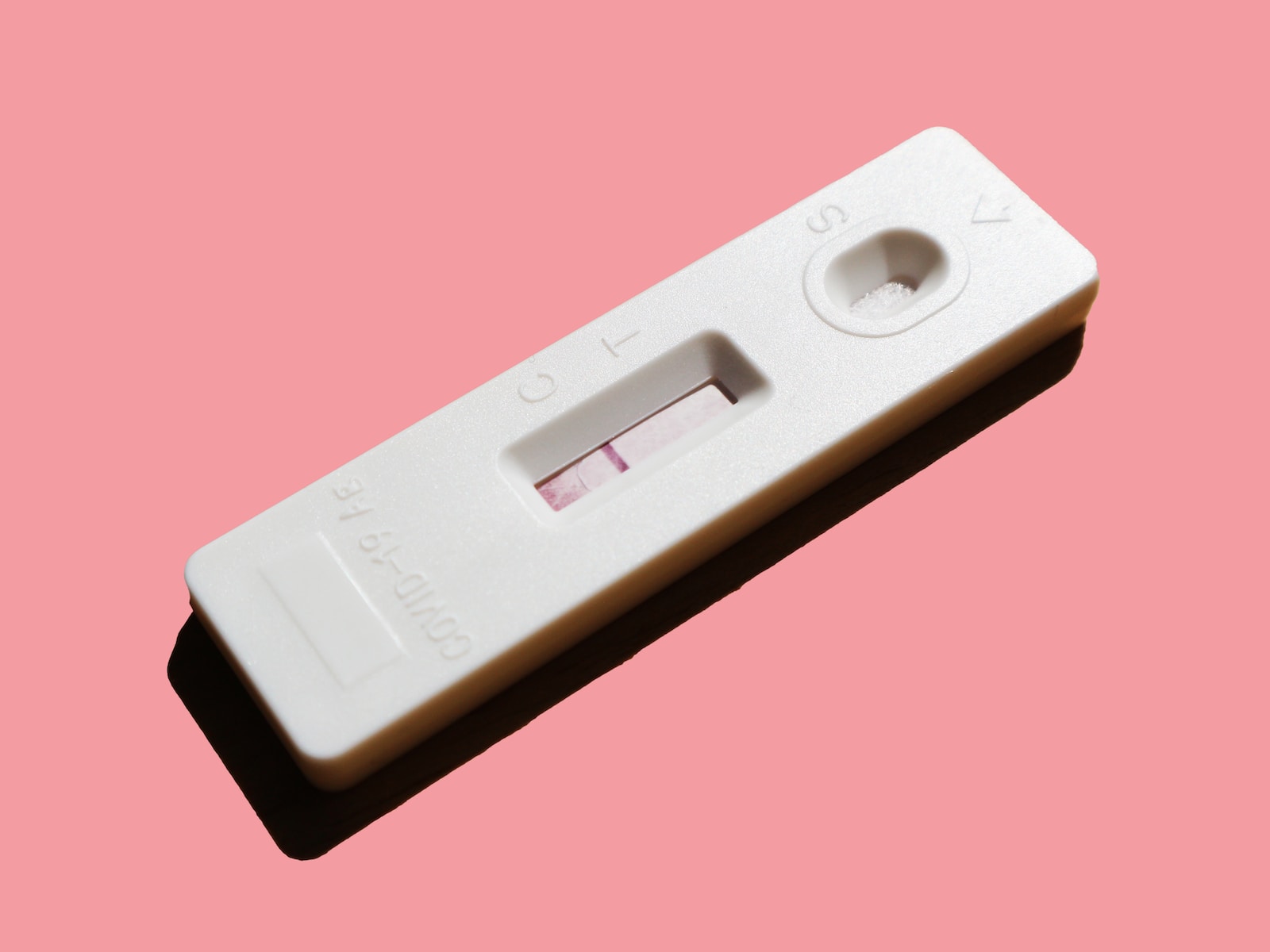Women who have had unprotected sex will want to know as soon as possible whether they are pregnant. This is because pregnancy symptoms include implantation bleeding (which often looks like spotting) and cramping. The best time to take a pregnancy test is after you miss your period.
However, some advanced tests can provide accurate results even before you have a missed period. These tests are more sensitive and detect a higher level of the pregnancy hormone, hCG.
Taking a pregnancy test after sex
Taking a pregnancy test after unprotected sex can be a stressful experience. You want to know as soon as possible whether you are pregnant or not, but it is important to remember that it takes time for the body to produce the hormones necessary for pregnancy tests to work. Additionally, the results of a pregnancy test can be misleading if you take it too early.
It is generally recommended that you wait two weeks after sex before taking a pregnancy test. This is because it takes this amount of time for the fertilized egg to implant itself in the uterus. This process can be accompanied by bleeding (which often looks like spotting rather than a full period).
If you are worried about getting a negative result, it is important to understand how pregnancy tests work. These tests measure a hormone called human chorionic gonadotropin, or hCG, which is produced by the body when an egg is fertilized. The hCG is detectable by most home pregnancy tests, but it is difficult to detect before the date of ovulation.
If you do not have a reliable method of contraception and are concerned about becoming pregnant, contact your local health department. They may be able to provide you with information about free or low-cost testing centers. Many Planned Parenthood centers and community clinics also offer these services.
Getting a positive result
Getting a positive result from a pregnancy test is an exciting moment, but it can also be confusing. It is important to understand how the test works, so that you can interpret the results accurately.
Pregnancy tests work by measuring levels of the hormone hCG, which is produced when a fertilized egg attaches to the uterus in a process called implantation. It is best to wait a week after your expected period before taking a test, as this will give you the most accurate result. Some tests can detect pregnancy hormones in your urine as early as 10 days after unprotected sex, but these are less reliable.
There are a few things that can affect the accuracy of a pregnancy test, including drinking too much water, testing in the evening, and taking the test too early in the day. Some medications also interfere with the test’s ability to detect hCG. If you’re using a birth control pill, it’s important to know that it can also interfere with the test results.
It’s also important to note that it’s possible to get a false negative result. This can happen if you are taking your test too early in the day, if you have very irregular periods, or if you’re on hormonal birth control. Often, these results are due to the fact that the hCG levels are too low for the test to detect.
Getting a negative result
There are several reasons why you might get a negative result from your pregnancy test. Most of these reasons are related to your menstrual cycle. Women taking birth control pills or other contraceptive medications may experience a delay in their periods, making it difficult to conceive. If you are having problems getting your period, talk to a doctor or gynecologist.
Pregnancy tests look for a hormone called human chorionic gonadotropin (hCG) in your urine. hCG is produced when a fertilized egg implants in the uterus and starts growing. You can expect traces of this hormone to appear in your urine from 6 days after conception. A negative result might mean that your hCG levels are too low or that the test is not working properly.
Another possibility is that you tested too early. It’s easy to rush a pregnancy test because of curiosity or anxiety, but it is important to read the instructions carefully and wait a few days before testing again. If you still have a negative result, see your doctor for a blood test. This is more accurate than a home pregnancy test and can help confirm your results. Your doctor may also recommend a different test, such as an ultrasound.
Getting pregnant after sex
Getting pregnant after sex can be exciting, but it can also be nerve-wracking. Especially when you’re trying to conceive, it can be difficult to tell what symptoms are caused by pregnancy and which ones are just premenstrual syndrome (PMS). This is why it’s important to learn more about how long it takes to get pregnant after sex and how to prevent pregnancy complications.
The best time to take a pregnancy test is about two weeks after you have unprotected sex or when your period is due. This is because a pregnancy test works by looking for the hormone human chorionic gonadotropin (hCG), which is only produced when a fertilized egg implants in your uterus. The more hCG that is in your system, the more accurate the test will be.
Some pregnancy tests can be used earlier than this, but these aren’t as reliable. It can be difficult to predict when your period is due, and most people don’t have regular menstrual cycles. However, if you’re concerned about an unwanted pregnancy or you’ve experienced contraception failure, you can use an ovulation predictor kit to determine when you’re most fertile. The test is easy to use, and it can give you a much more accurate result than a standard pregnancy test. This can help you make the right decision for your situation.

